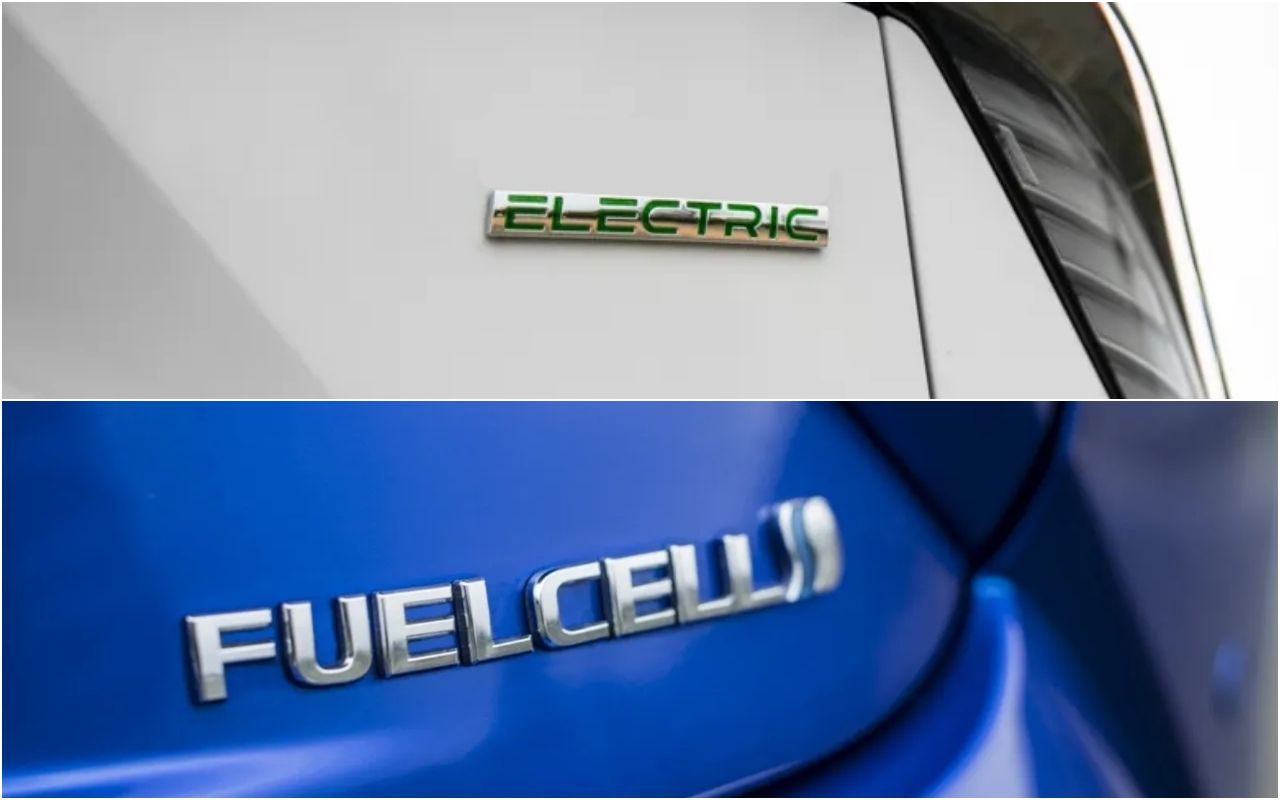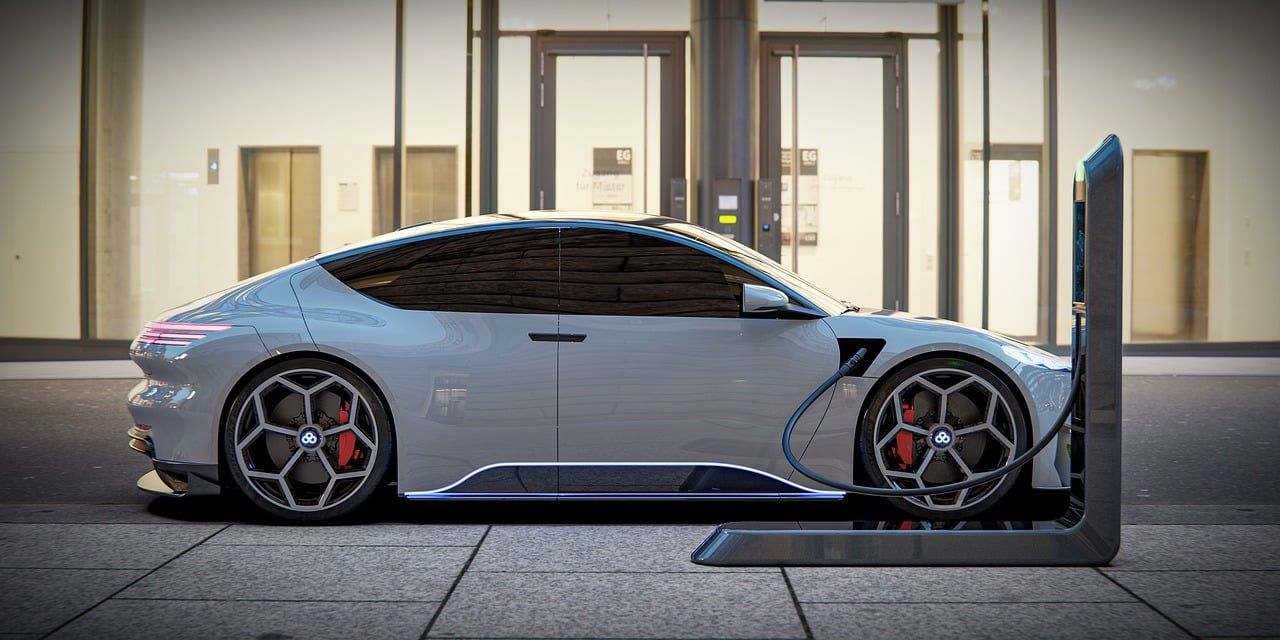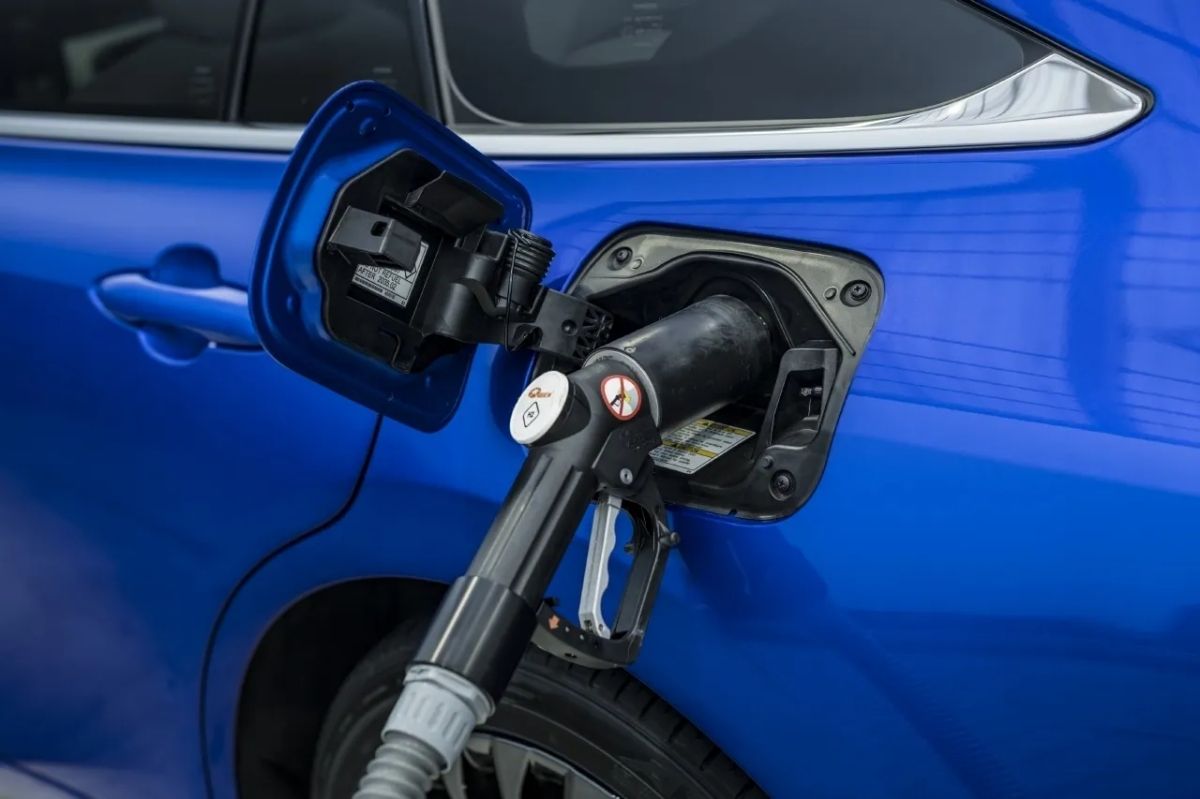Which electric car is better, battery or hydrogen fuel cell?
Electric cars are the bet for sustainable mobility by administrations and manufacturers. We compare the characteristics of the two types of zero-emission technologies available on the market.

Electric cars are becoming increasingly common on our roads, although the vehicle with an internal combustion engine - whether traditional or hybrid - remains the majority.
In any case, if you are considering buying an electric car and are unclear about some basic concepts regarding this type of vehicle, we will introduce you to it. Because, you may not know, but there are two types of pure electric cars: battery and hydrogen.
How do battery electric cars work?
Battery electric cars work by storing energy in a battery. This energy comes from an external source and is used to power the electric motor that moves the car.
The batteries of electric cars can be recharged by plugging the car into a power outlet or a charging point. The charging time depends on the power of the outlet and the capacity of the battery, among other things.

How do hydrogen fuel cell electric cars work?
Hydrogen fuel cell electric cars work by producing their own electricity through a chemical reaction that combines hydrogen and oxygen.
Hydrogen is stored in a high-pressure tank. When the car needs energy, hydrogen is released from the tank and combined with oxygen from the air in the fuel cell. This reaction produces electricity that is used to power the electric motor.
Differences between the two types of electric cars
While both battery electric cars and fuel cell cars are pure electric because they do not use any internal combustion engine (as PHEVs do), the technology used is very different. This makes the differences between them notable in some cases.
Charging time
The main strength of hydrogen fuel cell cars is their charging time.
Hydrogen fuel cell cars can refuel at a hydrogen pump in just a few minutes, similar to vehicles with internal combustion engines. In contrast, battery electric cars can take several hours to fully recharge.

Autonomy
The autonomy of hydrogen fuel cell cars is somewhat higher than the average of battery electric cars, although the differences are becoming smaller thanks to the technological evolution of the latter.
For comparison, the Hyundai Nexo hydrogen car has an autonomy of 666 kilometers according to WLTP cycle. Meanwhile, the Toyota Mirai - also hydrogen - claims 653 kilometers.
In the case of battery electric cars, the autonomy varies greatly depending on the size of the vehicle, its power, and the type of battery used. The range typically varies between 200 and 600 kilometers.
Óscar Magro tells us about the hydrogen Toyota Mirai.
Price
Electric cars are expensive in themselves compared to their combustion counterparts. However, when comparing battery and fuel cell cars, the latter are even more expensive.
The main reason is that the technology is much less developed and widespread in the market. Additionally, hydrogen is more expensive than electricity, making it also more costly to use.
Infrastructure
This is the main drawback of the hydrogen fuel cell car, as the network of hydrogen refueling stations is much scarcer than the network of electric car charging points.
In fact, in Spain it is almost impossible to refuel hydrogen as a private user, since almost all hydrogen stations are for business use.
Which is the best option?
The hydrogen electric car has some advantages that, on paper, make it attractive compared to the battery electric car. The main ones are autonomy and charging speed.
However, the price and, above all, the lack of infrastructure, make the hydrogen car practically unfeasible in Spain. Buying one for a private user is highly discouraged.
* This news is an AI translation of the original content. Motenic.com is part of Motor.es.

